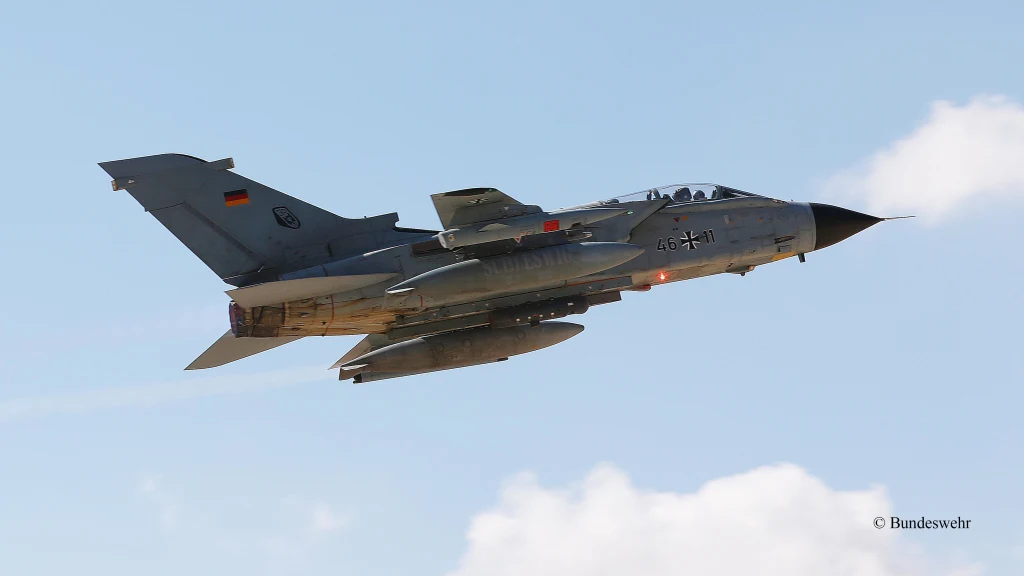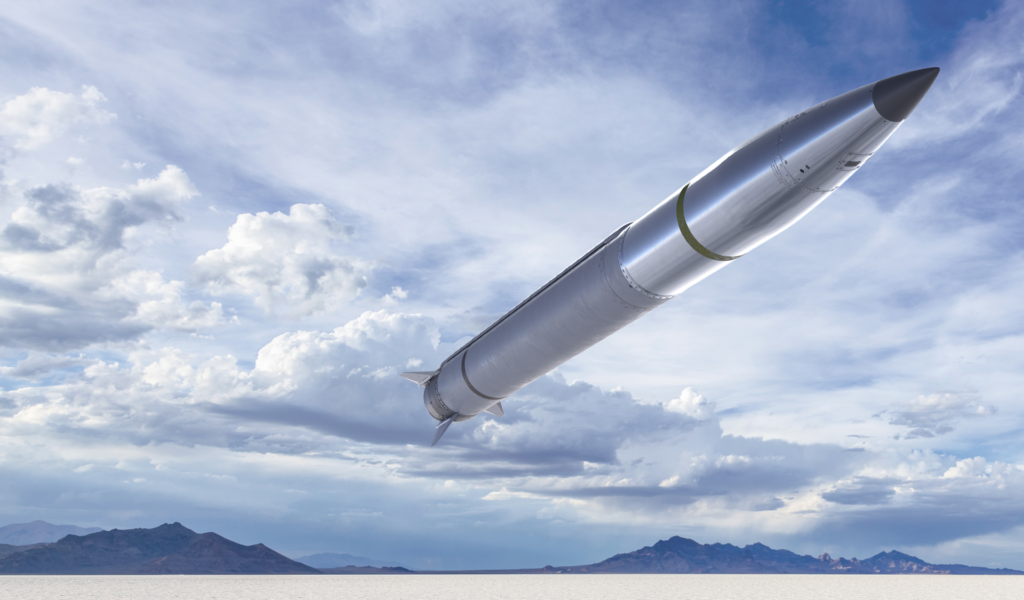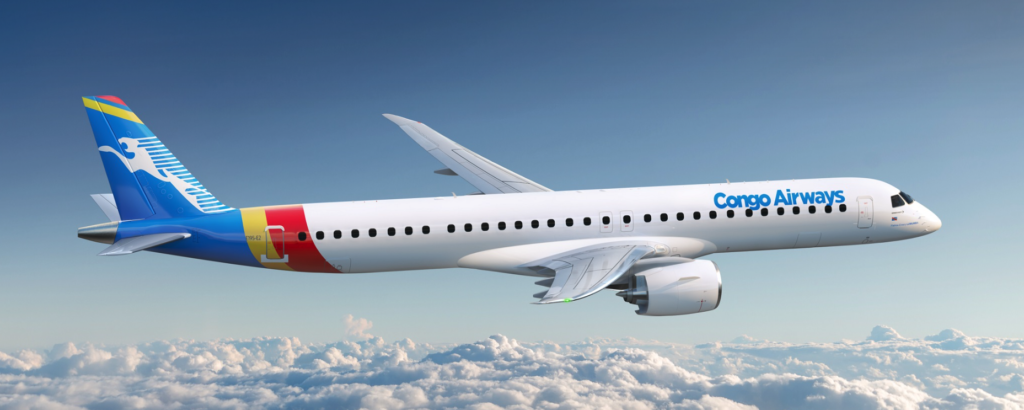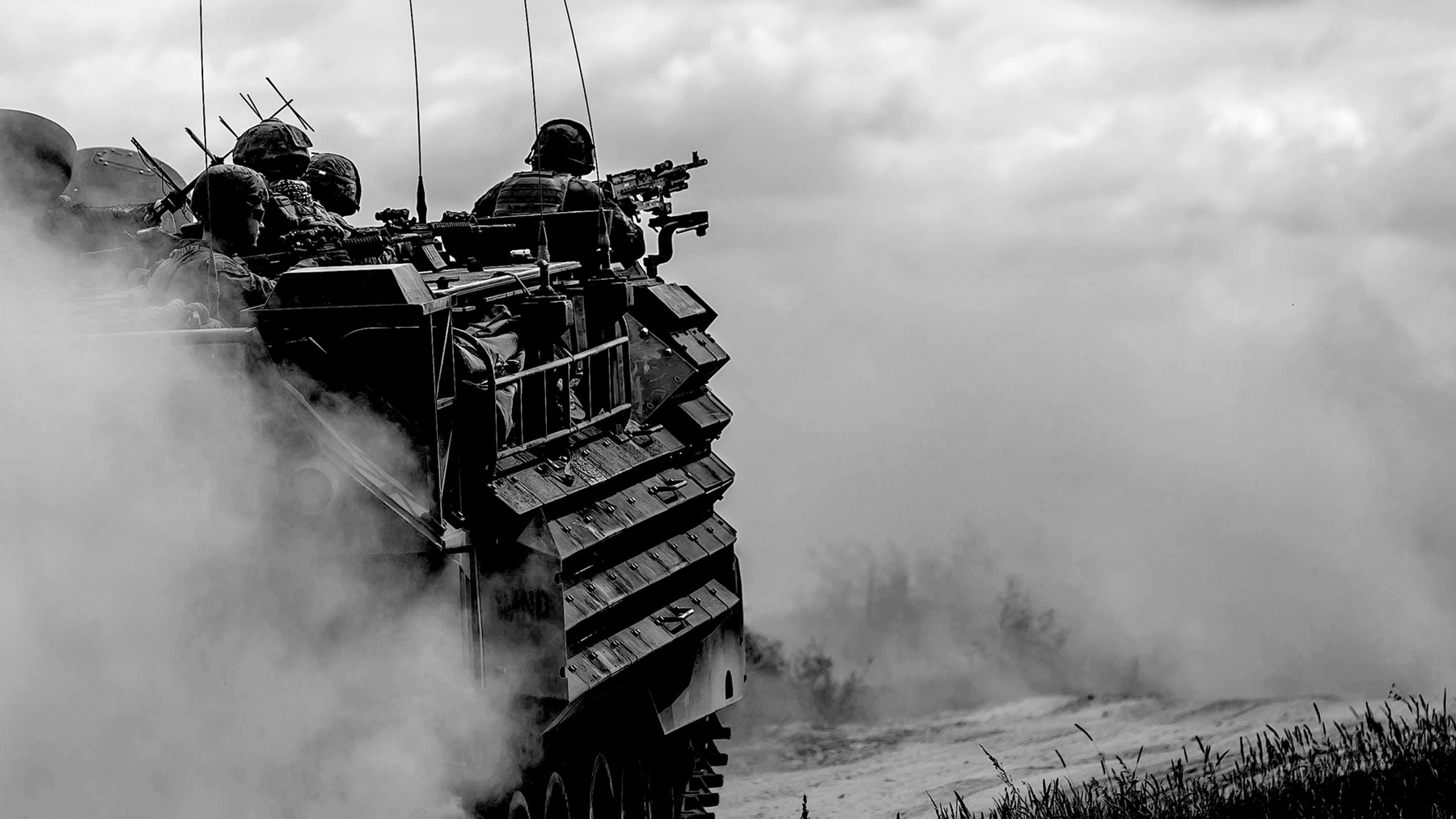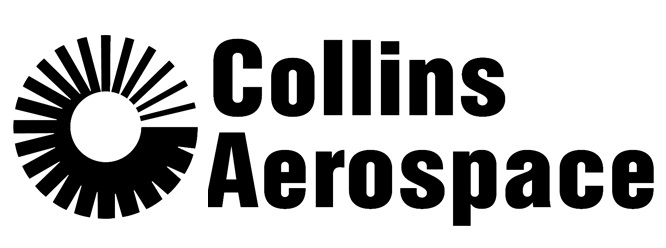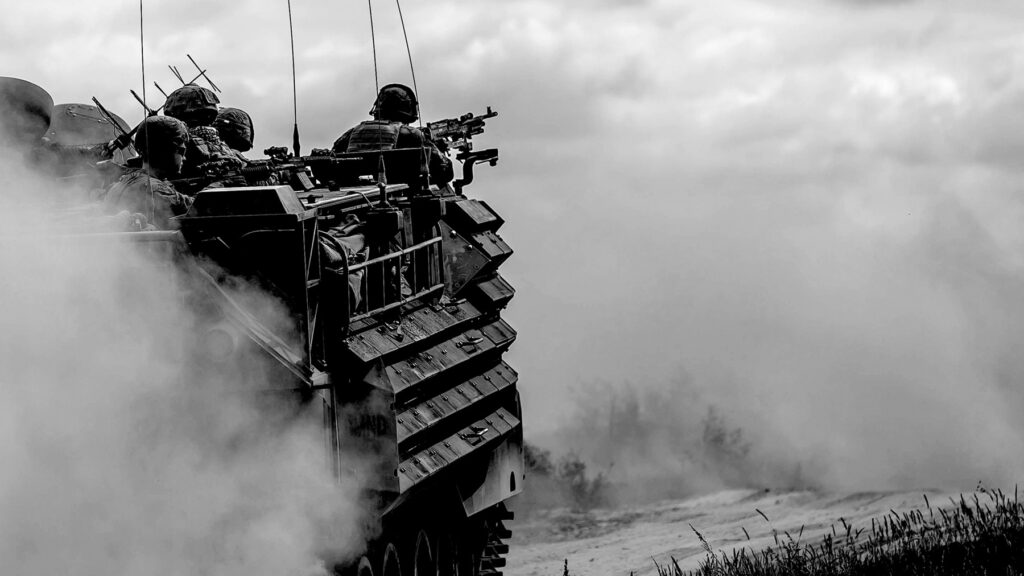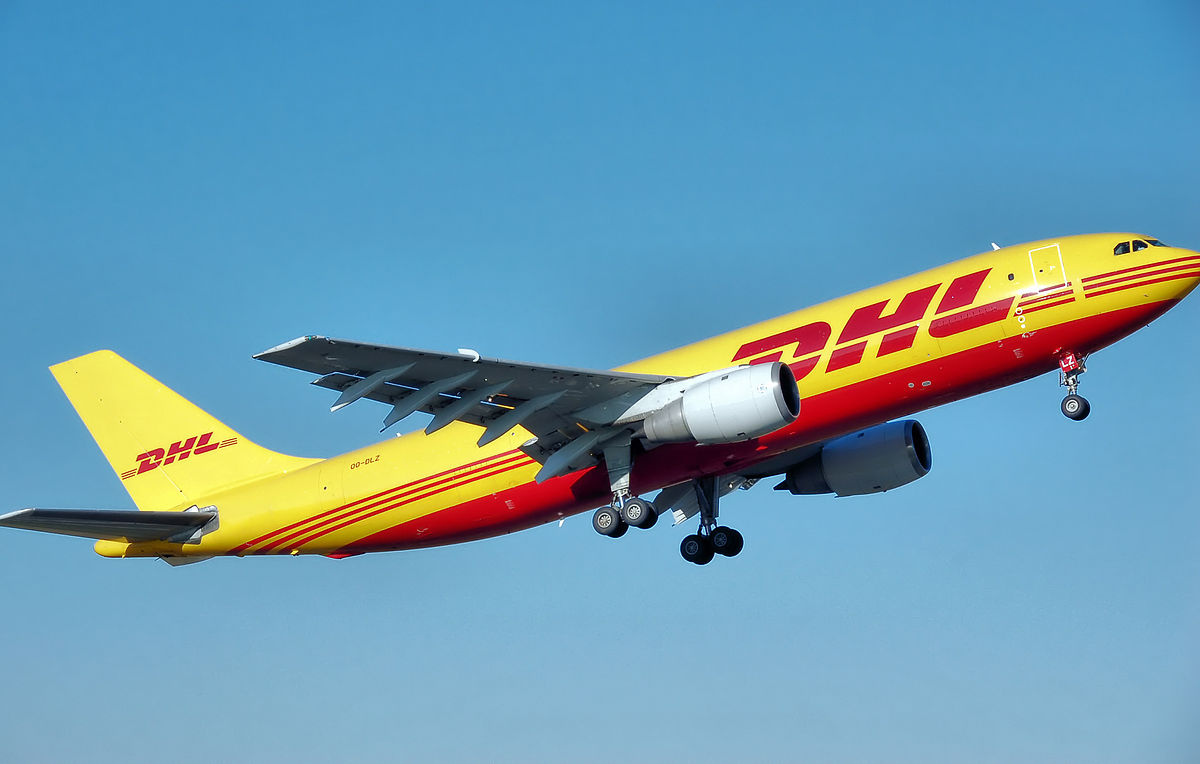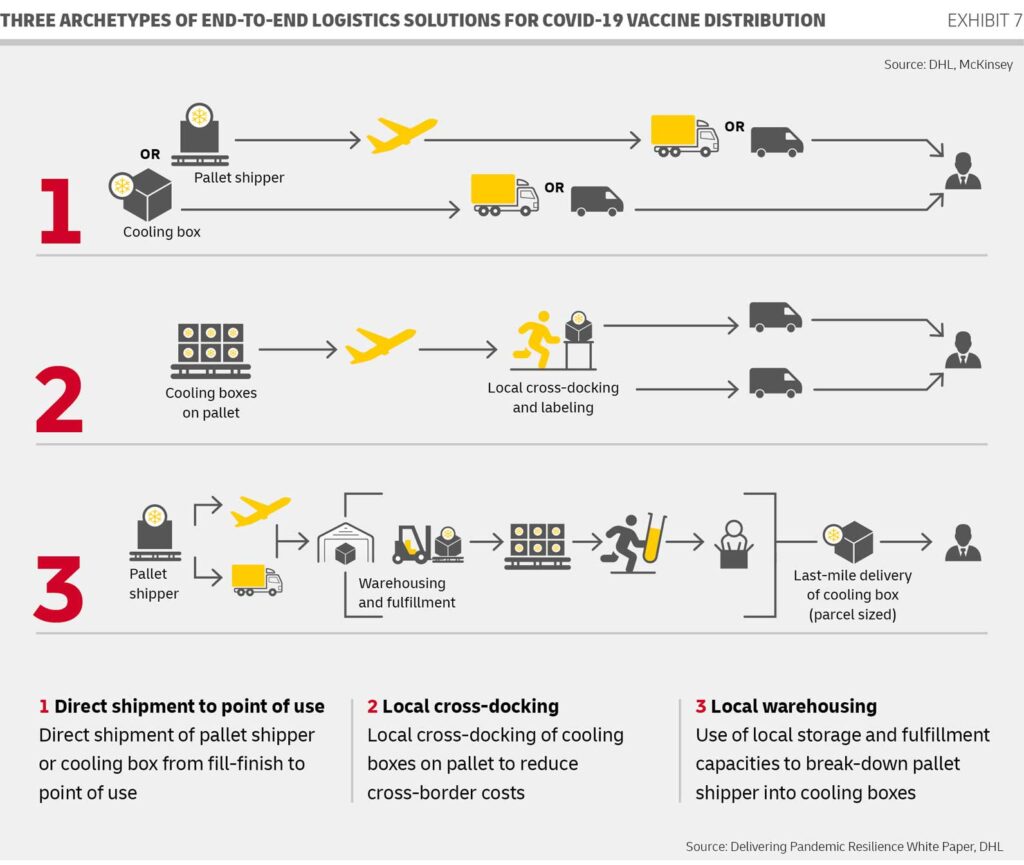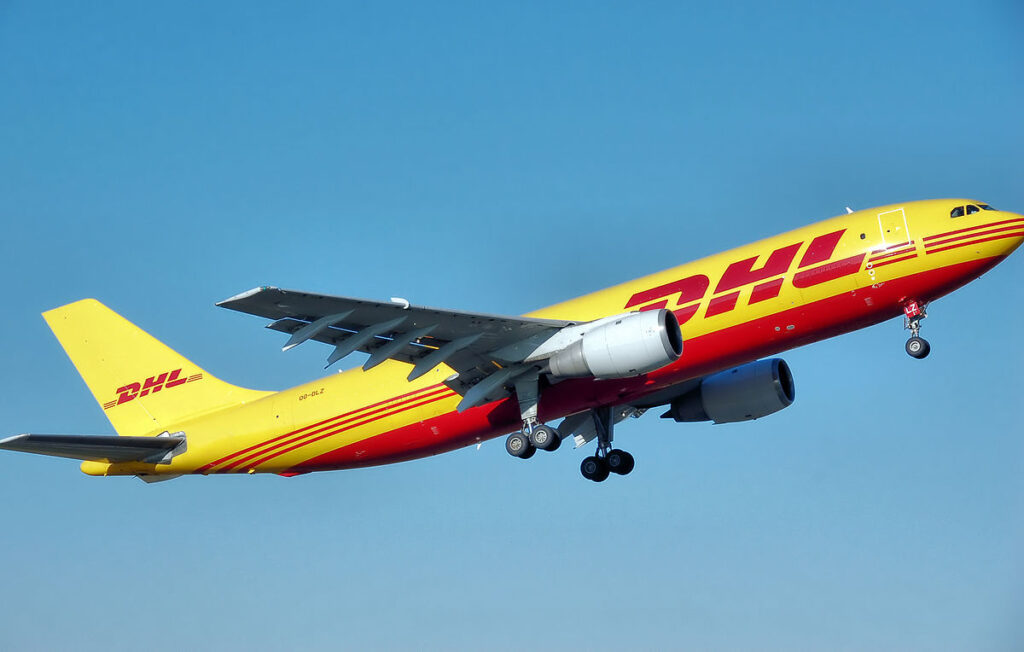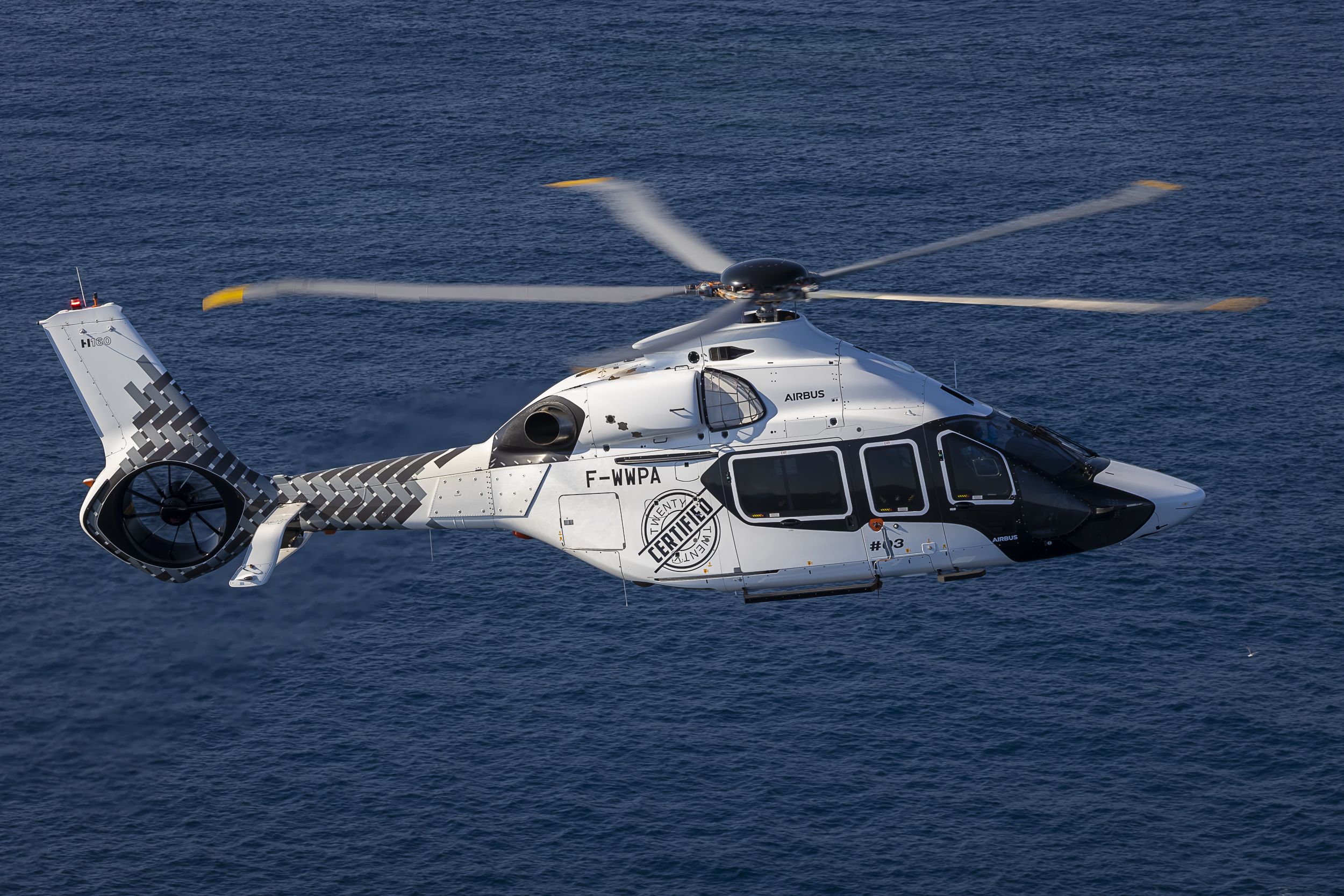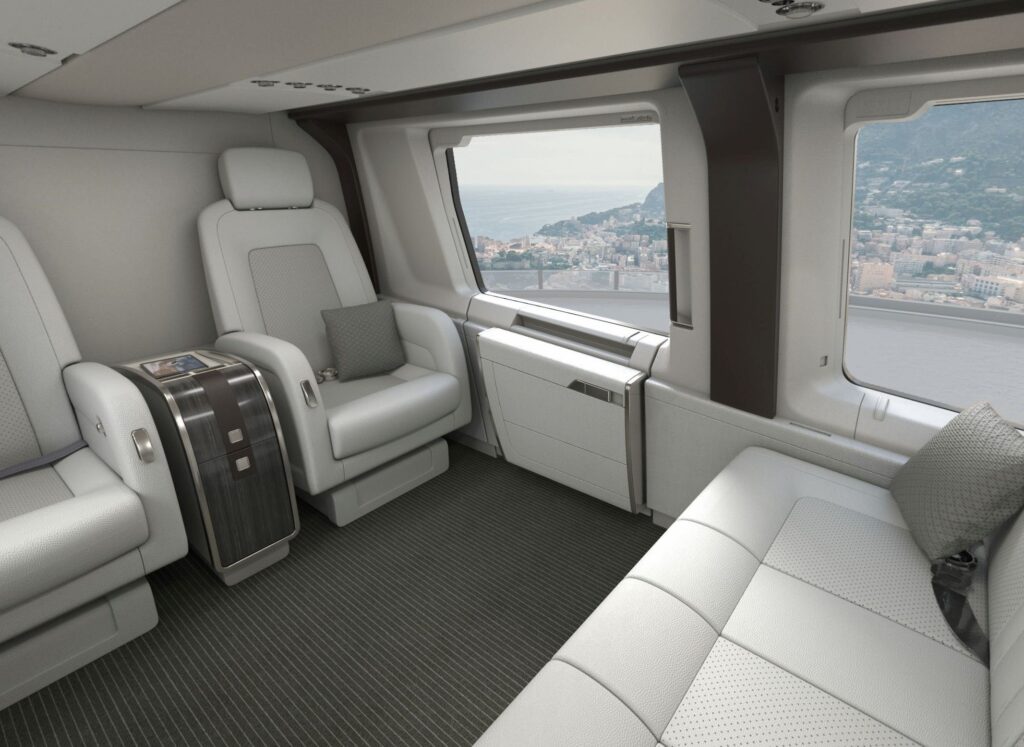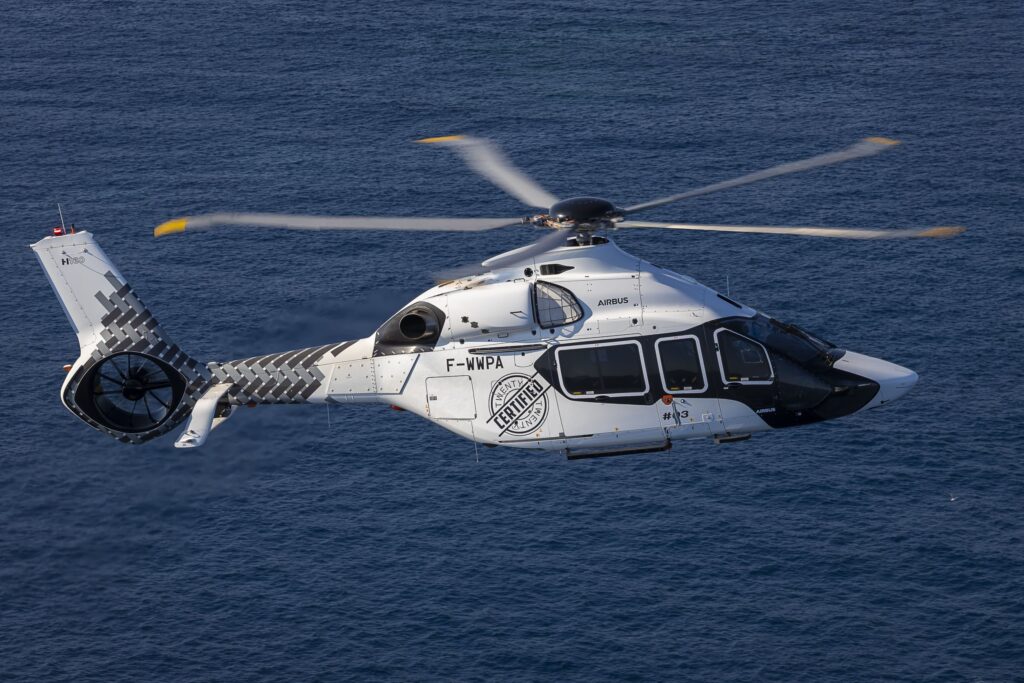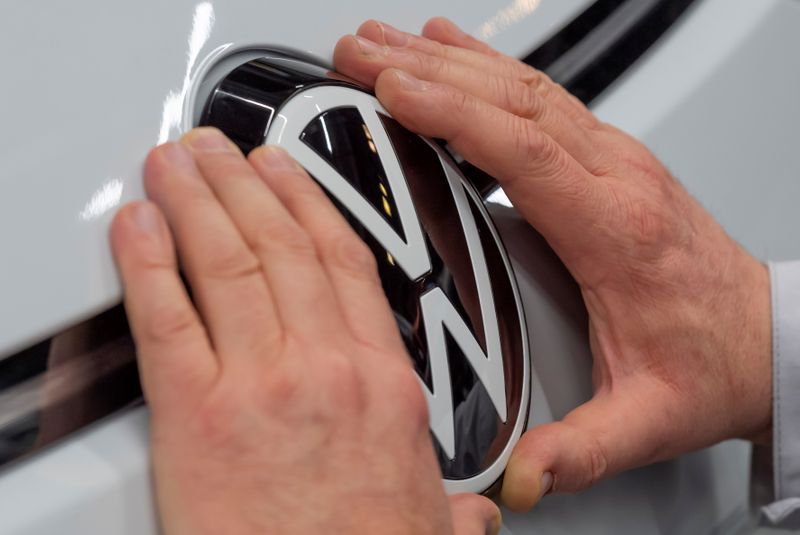Saab has received an order from Panavia Aircraft GmbH to upgrade the radar warning equipment on the Tornado aircraft operated by the German Air Force. The order value is approximately 400 million SEK.
Saab will supply modern digital components, which will enhance the processing power and extend the lifetime of the Tornado’s radar warning equipment. Deliveries will take place between 2021 and 2025. Saab will carry out the work at its sites in Nuremberg, Germany and Järfälla, Sweden.
“Mutual trust, reliability and performance are the cornerstones of the successful long-term partnership between Panavia, the German Armed Forces and Saab. We look forward to supporting the Luftwaffe with the latest technologies contributing to the platform’s survivability and mission success. Essential work will be carried out in Germany, which is in line with Saab’s strategy to expand our footprint on the German defence market”, says Anders Carp, deputy CEO of Saab and head of business area Surveillance.
Saab’s state-of-the-art radar warning equipment provides aircrews with superior situational awareness of the electromagnetic spectrum in challenging environments. Saab received the initial order for radar warning equipment for Germany’s Tornado fighters in 1999.
